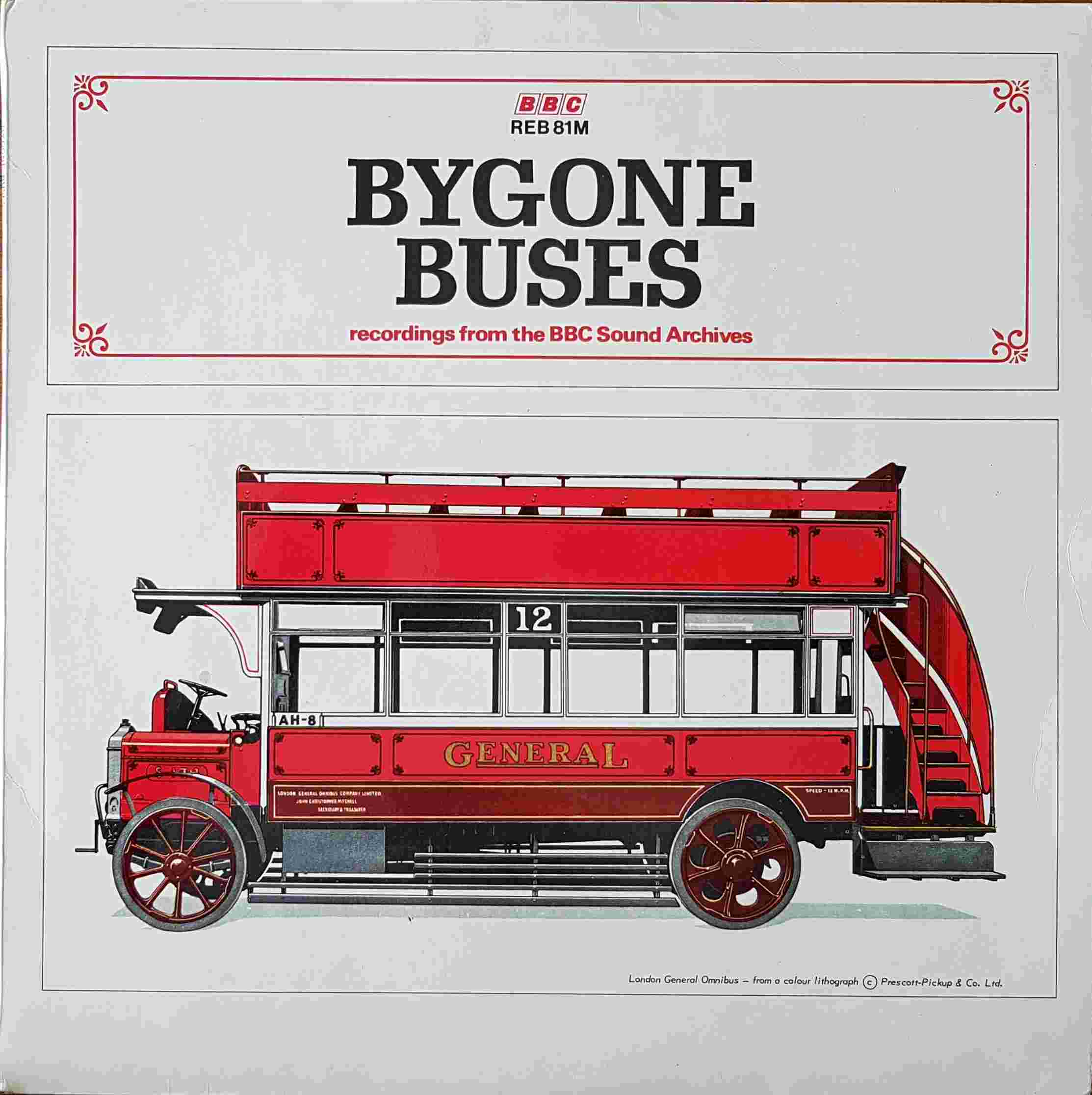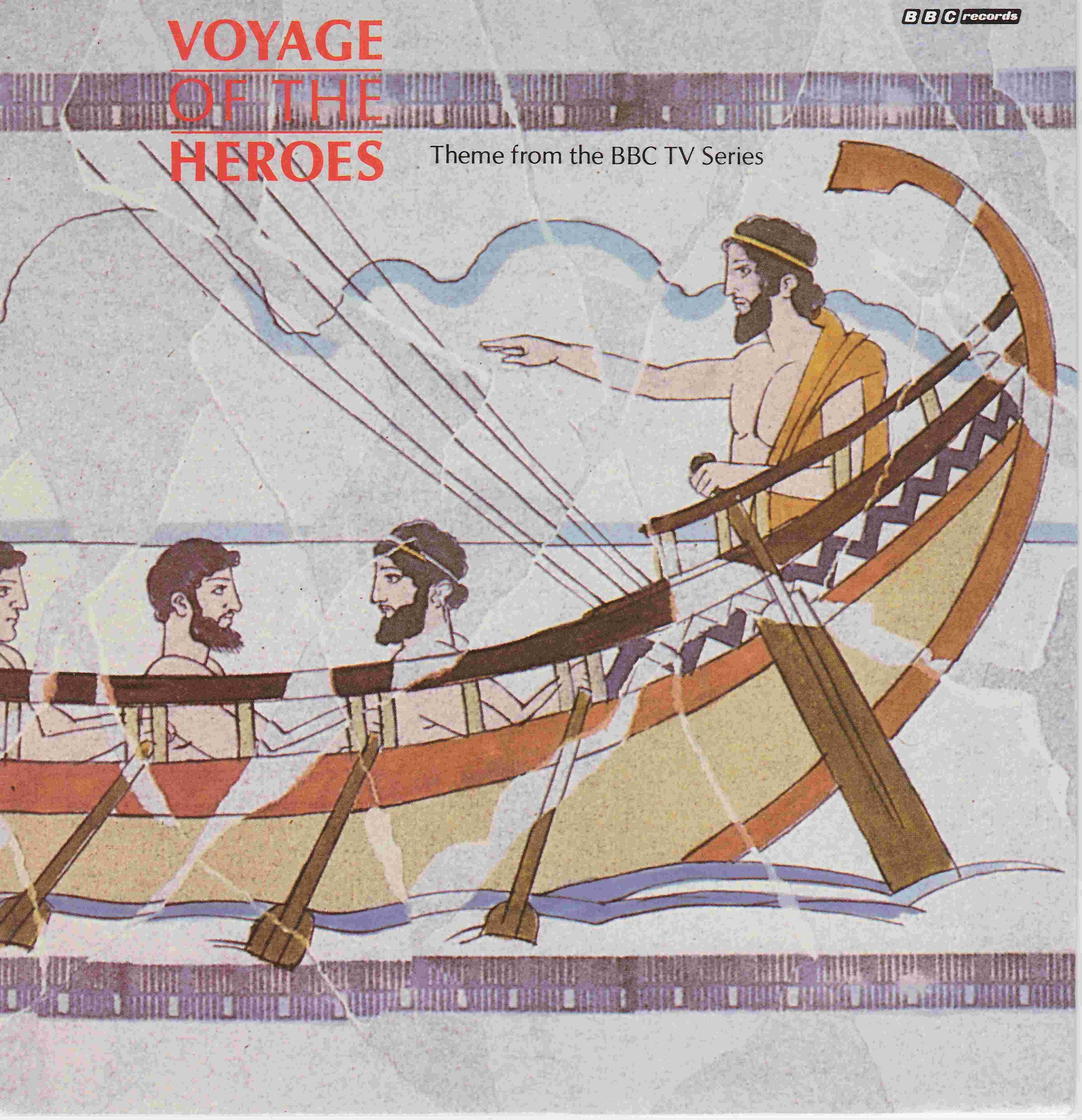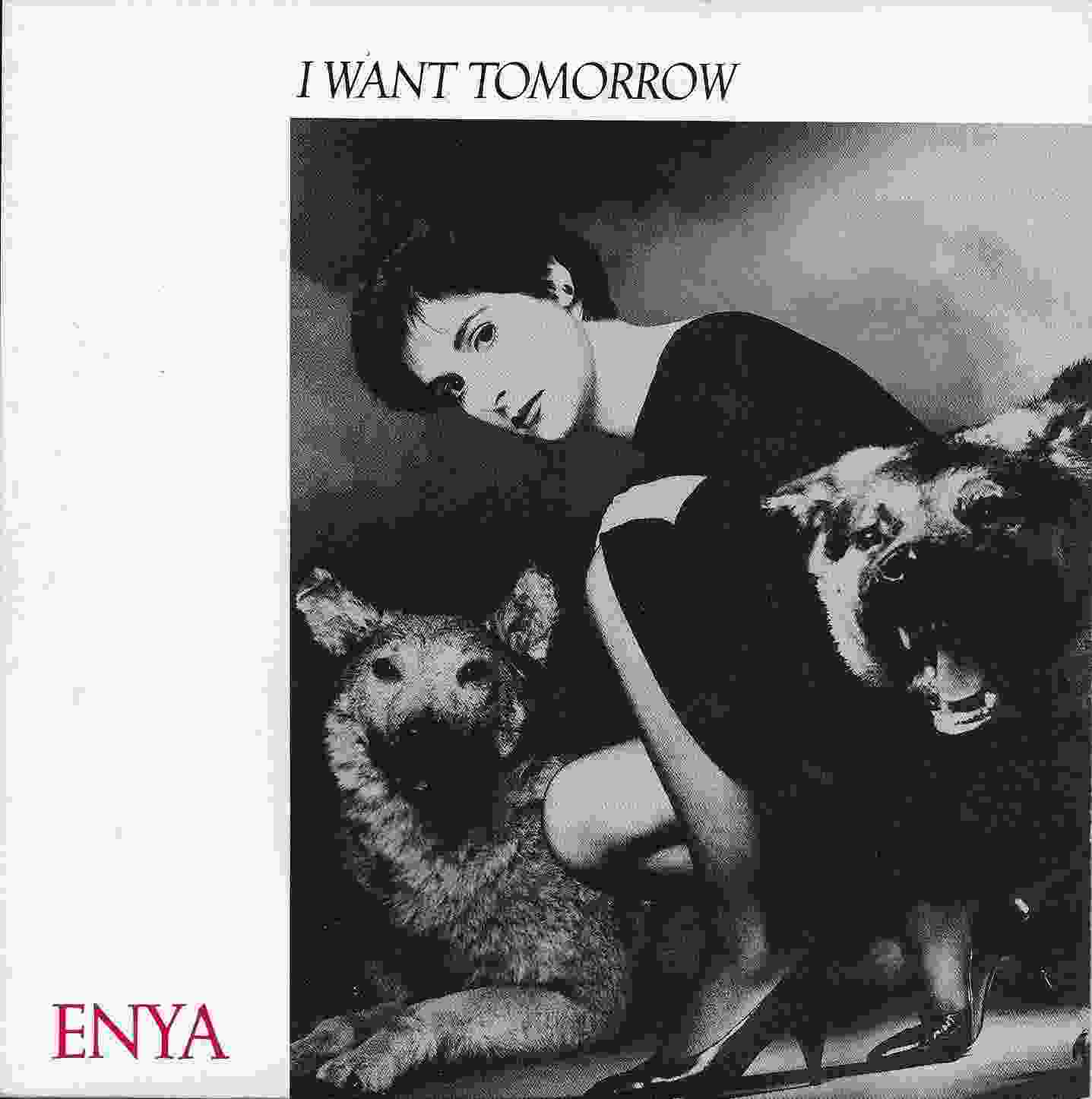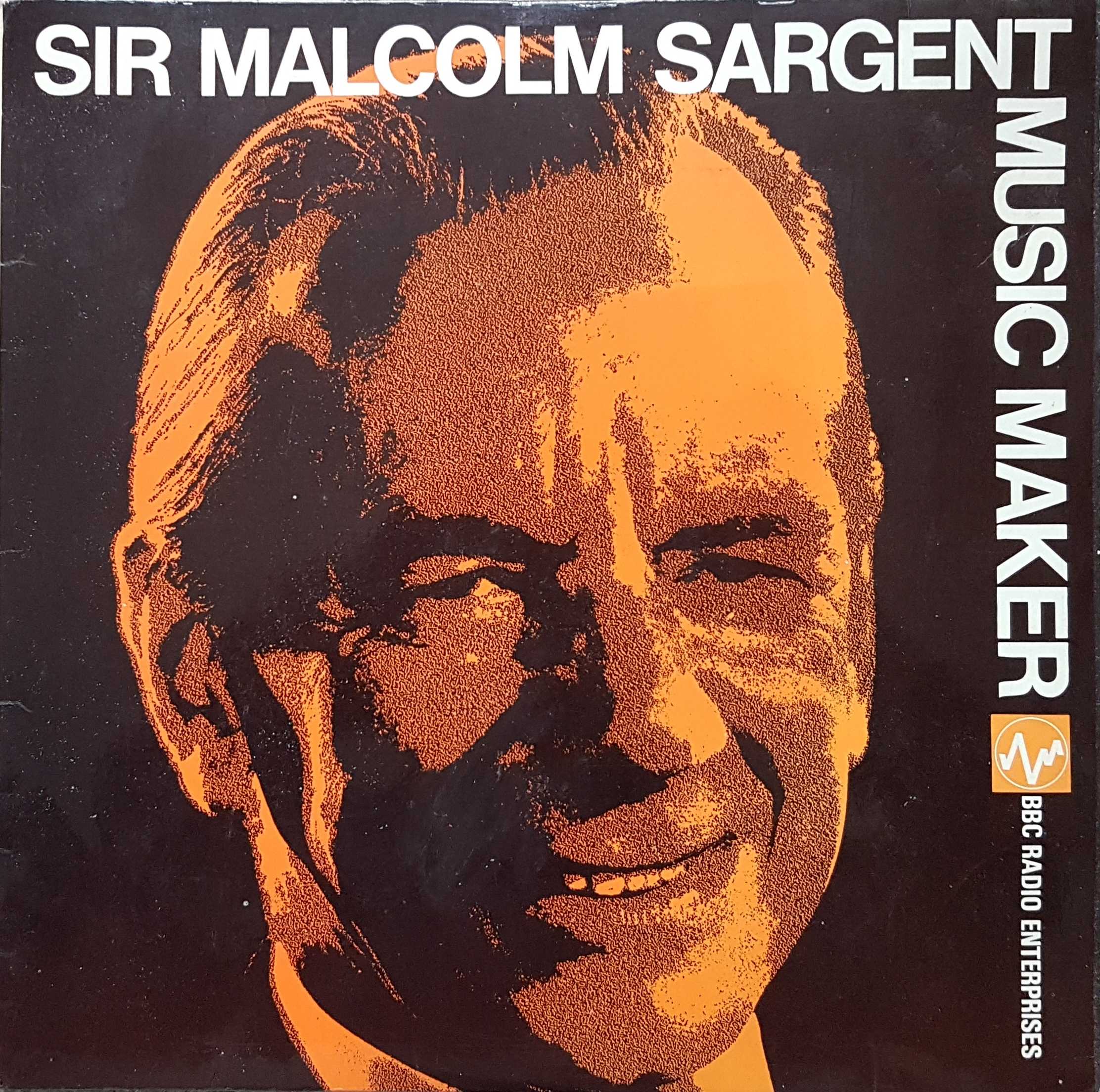 Bernard Shaw 1856 - 1950 (Bernard Shaw)
Bernard Shaw 1856 - 1950 (Bernard Shaw)
Please find the details I have recorded for this release.Release pictures
BBC records label code

Label

Release details
| Detail | Value | ||||||||||
|---|---|---|---|---|---|---|---|---|---|---|---|
| Catalogue number | REB 32 | ||||||||||
| Title | Bernard Shaw 1856 - 1950 | ||||||||||
| Artist(s) | Bernard Shaw | ||||||||||
| Cover condition | Good | ||||||||||
| Record condition | Very Good Plus | ||||||||||
| BBC records label code | A | ||||||||||
| Item deleted? | Yes | ||||||||||
| Released | 1968 | ||||||||||
| Distributed / printed by | Garrod & Lofthouse International Limited, London | ||||||||||
| Country of origin | UK  | ||||||||||
| Media type | Primary | ||||||||||
| Media genre | Documentaries View all other tracks listed as Documentaries. | ||||||||||
| Run-off codes / Shop bar codes | RE 32 SIDE 1 BBC 1 RE 32 SIDE 2 BBC | ||||||||||
| My rating | ***** | ||||||||||
| Guest rating | ***** To vote, please select one of these buttons: | ||||||||||
| Number have | 1 | ||||||||||
| What type of seller was used? | Physical shop | ||||||||||
| Where can I buy this release? | You may be able to purchase this release from the following websites (others are available!) | ||||||||||
| Amazon | |||||||||||
| Discogs | |||||||||||
| Ebay | |||||||||||
| EIL | |||||||||||
| MusicStack | |||||||||||
| Recordsale | |||||||||||
All release picturesBelow is all the cover (front, back, middle and inserts if applicable) and label pictures I have for this release. |
| Front cover |
|---|
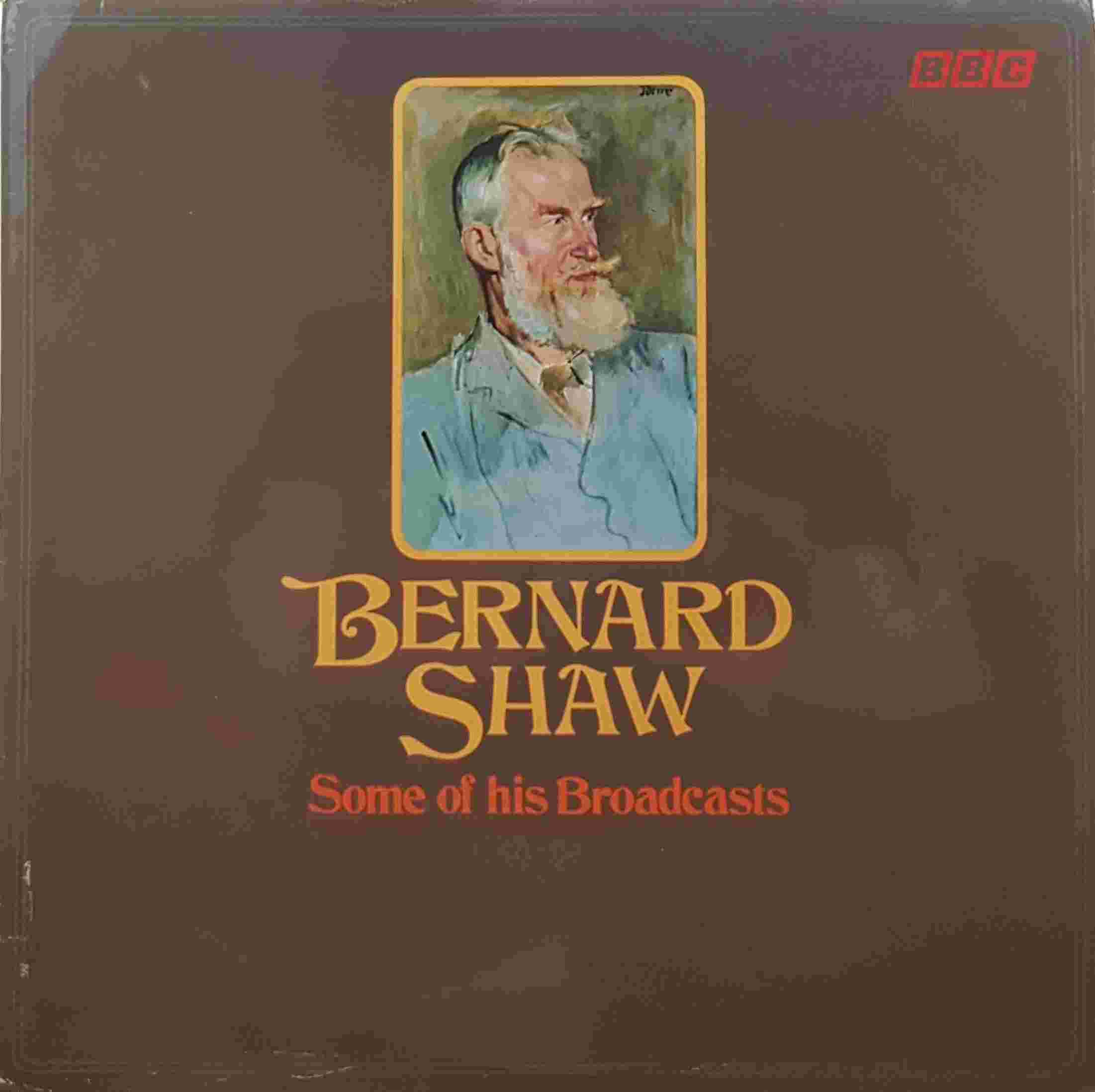 |
| Back cover |
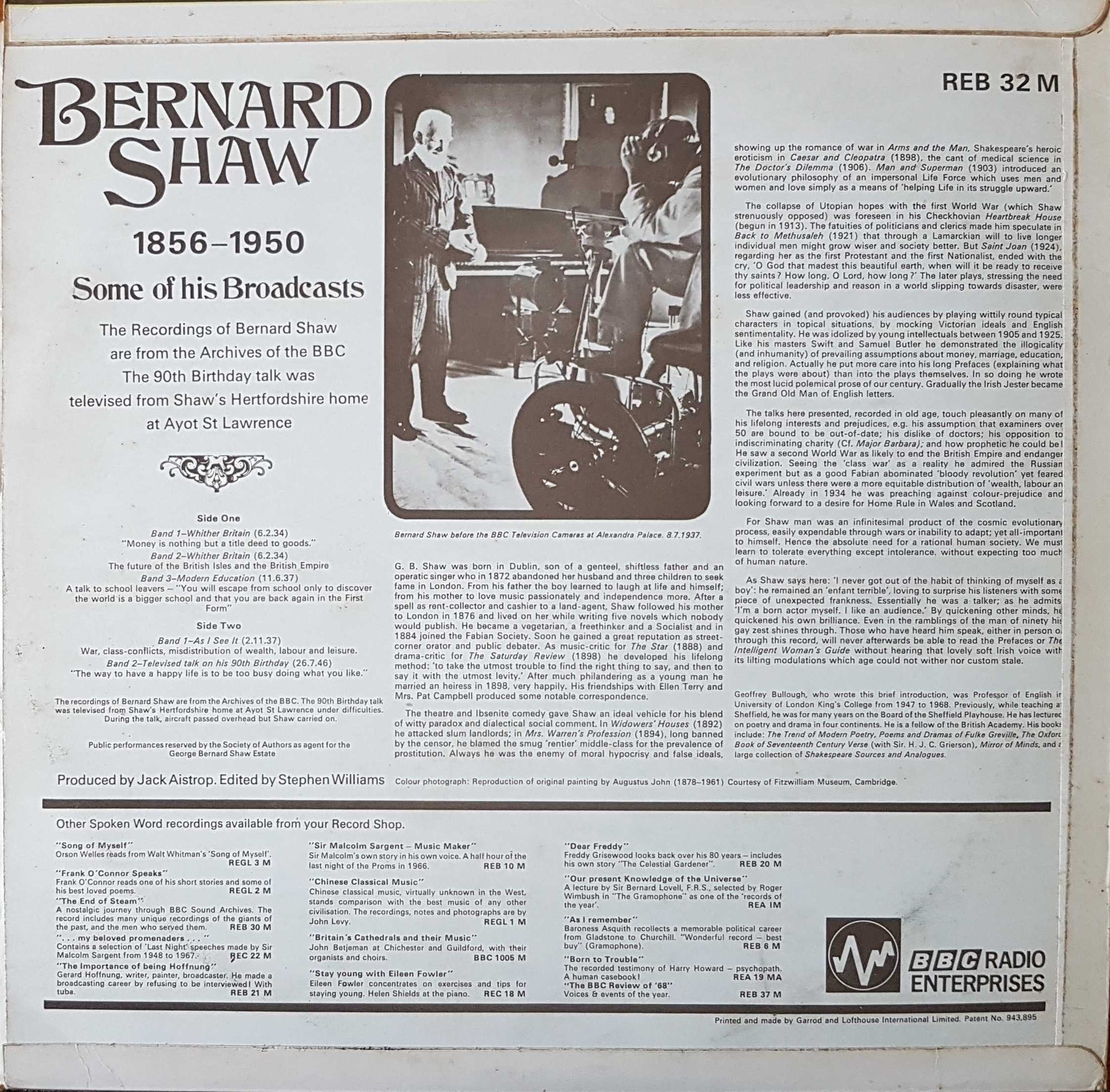 |
| Label |
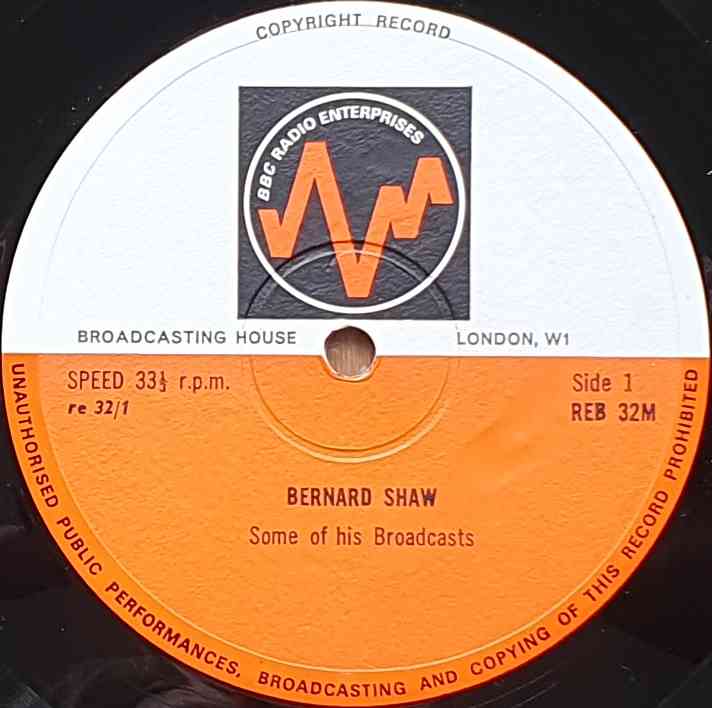 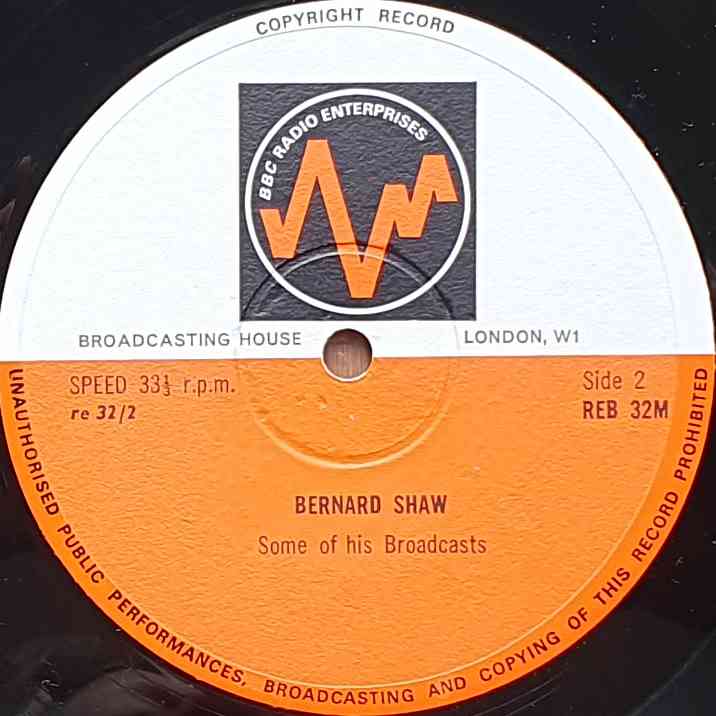 |
TracksBelow is a list of tracks for this release. | |||||||||||
| Side & track | Track and Artist | Length | |||||||||
|---|---|---|---|---|---|---|---|---|---|---|---|
| A1 | Whither Britain (6.2.34) - 'Money is nothing but a title deed to goods.' | ||||||||||
| A2 | Whither Britain (6.2.34) - The future of the British Isles and the British Empire | ||||||||||
| A3 | Modern education (11.6.37) - A talk to school leavers - 'You will escape from school only to discover the world is a bigger school and that you are back in the First Form' | ||||||||||
| B1 | As I see it (2.11.37) - War, class-conflicts, misdirection of wealth, labour and leisure. | ||||||||||
| B2 | Televised talk on his 90th birthday (26.7.46) - 'The way to have a happy life is to be too busy doing what you like' | ||||||||||
| Total length of media 0:00. | |||||||||||
Reviews | ||
| Below is my review for this release and the ratings. | ||
| A good entry, I will include a full review asap! | ||
| Ratings | ||
|---|---|---|
| My rating | 3 | |
| Guest rating | Current average value is 3. To vote, please select one of these buttons: | |
Extra notes on cover, middle (gatefold sleeve) and any inserts | ||
| BERNARD SHAW 1856 - 1950 Some of his broadcasts The recordings of Bernard Shaw are from the Archives of the BBC. The 90th Birthday talk was televised from Shaw's Hertfordshire home at Ayot St Lawrence under difficulties. During the talk, aircraft passed overhead but Shaw carried on. Public performances reserved by the Society of Authors as agent for the George Bernard Shaw Estate. Produced byJack Aistrop.Edited by Stephen Williams. G.B. Shaw was born in Dublin, a son of a genteel, shiftless father and an operatic singer who in 1872 abandoned her husband and three children to seek fame in London. From his father the boy learned to laugh as life and himself; from his mother to love music passionately and independence more. After a spell as rent-collector and cashier to a land-agent, Shaw followed his mother to London in 1876 and lived on her while writing five novels which nobody would publish. He became a vegetarian, a freethinker and a Socialist and in 1884 joined the Fabian Society. Soon he gained a great reputation as street-corner orator and public debater. As music-critic for The Star (1888) and drama-critic for The Saturday Review (1898) he developed his lifelong method: 'to take the utmost trouble to find the right thing to say, and then to say it with the utmost levity.' After much philandering as a young man he married an heiress in 1898, very happily. His friendships with Ellen Terry and Mrs. Pat Campbell produced some notable correspondence. The theatre and Ibsenite comedy gave Shaw an ideal vehicle for his blend of witty paradox and dialectical social comment. In Widowers' Houses (1892) he attacked slum landlords; in Mrs. Warren;s Profession (1894), long banned by the censor, he blamed the smug 'rentier' middle-class for the prevalence of prostitution. Always he was the enemy of moral hypocrisy and false ideals, showing up his romance of war in Arms and the Man, Shakespeare's heroic eroticism in Caesar and Cleopatra (1898), the cant of medical science in The Doctor's Dilemma (1906), Man and Superman (1903) introduced an evolutionary philosophy of an impersonal Life Force which uses men and women and love simply as a means of 'helping Life in its struggle upward.' The collapse of Utopian hopes with the first World War (which Shaw strenuously opposed) was foreseen in his Checkhovian Heartbreak House (begun in 1913). The fatuities of politicians and clerics made him speculate in Back to Methusaleh (1921) that through a Lamarckian will to live longer individual men might grow wiser and society better. But Saint Joan (1924), regarding her as the first Protestant and the first Nationalist, ended with the cry, 'O God that madest this beautiful earth, when will it be ready to receive thy saints? how long, O Lord, how long?' The later plays, stressing the need for political leadership and reason in a world slipping towards disaster, were less effective. Shaw gained (and provoked) his audiences by playing wittily round typical characters in topical situations, by mocking Victorian ideals and English sentimentality. He was idolized by young intellectuals between 1905 and 1925. Like his masters Swift and Samuel Butler he demonstrated the illogicality (and inhumanity) of prevailing assumptions about money, marriage, education, and religion. Actually he put more care into his long Prefaces (explaining what the plays were about) than into the plays themselves. IN so doing he wrote the most lucid polemical prose of our century. Gradually the Irish Jester became the Grand Old Man of English letters. The talks here presented, recorded in old age, touch pleasantly on many of his lifelong interests and prejudices, e.g. his assumption that examiners over 50 are bound to be out-of-date; his dislike of doctors; his opposition to indiscriminating charity (Cf. Major Barbara); and how prophetic he could be! He saw a second World War as likely to end the British Empire and endanger civilization. Seeing the 'class war' as a reality he admired the Russian experiment but as a good Fabian abominated 'bloody revolution' yet feared civil wars unless there were a more equitable distribution of 'wealth, labour and leisure.' Already in 1934 he was preaching against colour-prejudice and looking forward to a desire for Home Rule for Wales and Scotland. For Shaw man was an infinitesimal product of the cosmic evolutionary process, easily expandable through wars or inability to adapt; yet all-important to himself. Hence the absolute need for a rational human society. We must learn to tolerate everything except intolerance, without expecting too much of human nature. As Shaw says here: 'I never got out of the habit of thinking of myself as a boy': he remained an 'enfant terrible', loving to surprise his listeners with some piece of unexpected frankness. Essentially he was a talker; as he admits 'I'm a born actor myself. I like an audience.' By quickening other minds, he quickened his own brilliance. Even in the ramblings of the man of ninety his through this record, will never afterwards be able to read the Prefaces of The Intelligent Woman's Guide without hearing that lovely soft Irish voice with its lifting modulations which age could not wither nor custom stale. Geoffrey Bullouch, who wrote this brief introduction, was Professor of English in University of London King's College from 1947 to 1968. Previously, while teaching at Sheffield, he was for many years on the Board of the Sheffield Playhouse. He has lectured on poetry and drame in four continents. He is a fellow of the British Academy. His books include: The Trend of Modern Poetry, Poems and Dramas of Fulke Greville, The Oxford Book of Seventeenth Century Verse (with Sir. H. J. C. Grierson), Mirror of Minds and a large collection of Shakespeare Sources and Analogues. | ||
Further information | ||
| BBC Radio Enterprises Ltd and BBC Enterprises Ltd, predecessors of BBC Worldwide / BBC Worldwide Ltd., the BBC's commercial arm. Formed 1968 and 1979 respectively, they were a subsidiary wholly owned by the BBC and merged into BBC Worldwide in 1995. In that time, there were companies set up within or structured brands as part of the company to deal with separate parts of the business, e.g. BBC Records for recorded audio. Sometimes written as BBC Enterprise Ltd.
The items shown here are from the "main" BBC Records and Tapes library covering a wide secletion of genres from themes, comedy dramas and others, depending on which format you have selected. | ||
StatisticsHere are some statistics about this page. |
| This page was last updated on unknown. |
This record has been seen 798 times since 20th May, 2017. |
Other releases you might be interested inBelow are some other releases which are related to REB 32 Bernard Shaw 1856 - 1950 based on its genre. |
© 2002-2024 Mike Everitt.
Last modified: unknown
Last modified: unknown
